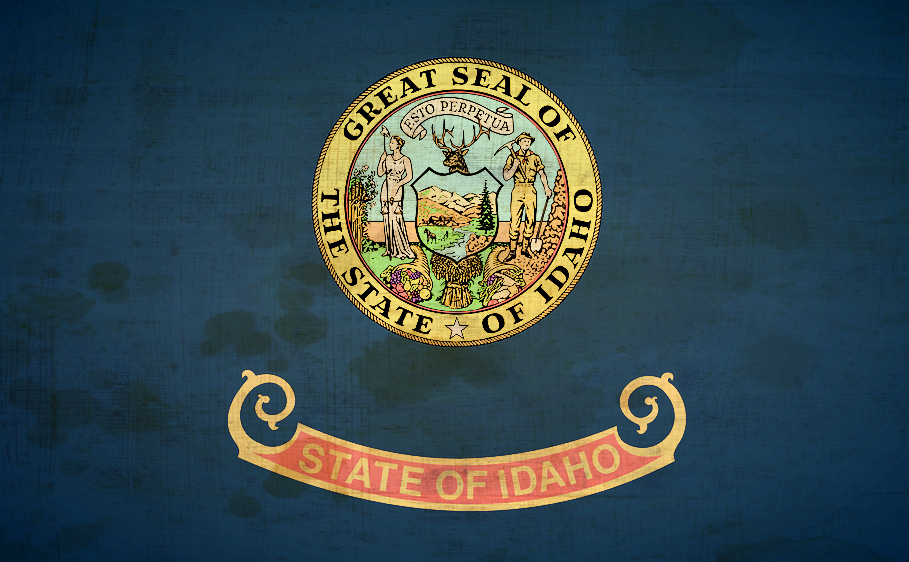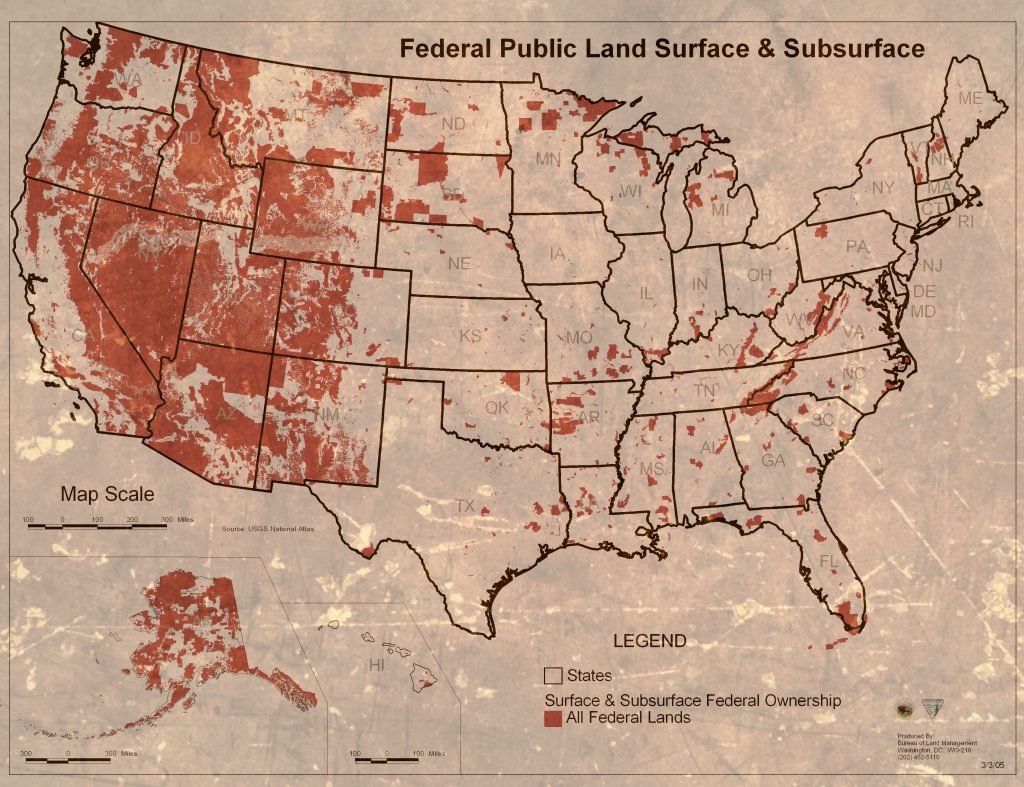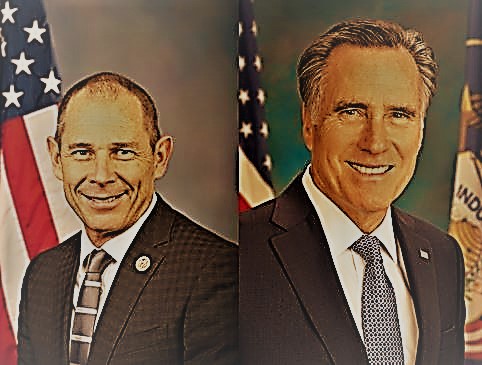While it is easy to blame politicians, influences from new folks moving to our state, or our neighbors who are not getting to the polls and voting, we need to look further and deeper. We should not blame the undermining of our Republic and loss of our state’s control to one single decision, event, or election. It has happened over time.
Idaho State Representative Heather Scott
Handing over Idaho on a Silver Platter
Is the State of Idaho being complacent, manipulated, or purposely implementing a plan to relinquish our State sovereignty?
Idahoans are, and have always been, a different type of people. Rugged, self-sufficient, and independent, we love our beautiful state and believe it is the best place in the country to live. We believe in law and order but dislike government being used to regulate us like a nanny state. As a legislator over the past five years, I have observed some disturbing changes in our state, and with the recent Executive Branch proclamation celebrating “Indigenous People Day” instead of Columbus Day, I believe we all have good reason for concern. Idaho has been following in the footsteps of other states that embrace many ideas and agendas which are harming them as well as countries around the globe. To name a few:
•Idaho accepted Common Core, a national education agenda, and is implementing ill-conceived gender policies in our taxpayer-funded, government-run schools and colleges. (link) (link)
•Idaho implemented Obamacare and is now implementing Medicaid expansion the same as a number of other states. (link)
•Instead of developing and creating unique laws that help Idaho citizens, Idaho bureaucrats and lawmakers regularly insert federal code language (rules, regulations and laws) directly into Idaho law, effectively transforming our local agencies into the enforcement arm of the federal government. Many of Idaho’s elected legislators either embrace it or turn a blind eye to it. (link)
•Idaho embraced and implemented the federal Real ID program without regard to privacy concerns. (link)
•Idaho allows the federal government to neglect and mismanage forests and range lands within our state boundaries (link) undermining rural tax bases by replacing them with a pennies-on-the-dollar federal welfare scheme known as Payment In Lieu of Taxes (PILT). (link)
•Idaho has adopted the United Nations’ climate change and sustainability agenda. (link)
The list could go on and on. Without debating the merits of these issues, let’s ask the questions: HOW is this happening? WHO is allowing it to happen? WHO is promoting it?
While it is easy to blame politicians, influences from new folks moving to our state, or our neighbors who are not getting to the polls and voting, we need to look further and deeper. We should not blame the undermining of our Republic and loss of our state’s control to one single decision, event, or election. It has happened over time. Our republican form of government is meant to be a system of government where a state is ruled by elected representatives of the citizen body. The states were never intended to be mere implementation centers for federal policy, nor subjects of the federal government. State borders and jurisdictions exist for a reason, and a primary reason is to restrict large centralized government from exercising top down control.
How is this happening in Idaho?
A few years ago, I had a legislative committee chairman share with me his view of federalism. He said, “The federal government is like the parent and Idaho is like the child, and we just need to do what we are told.” I found those words quite disturbing. The state-federal relationship should look more like a sibling relationship, rather than a parent-child relationship. Recently another troubling comment from a legislative committee studying “Federalism in Idaho” was that “federalism is a sharing of powers over the same area such as land.” Both of these statements indicate a profound misunderstanding of the proper function of federalism in our republican form of government.
A quick review of some American History before getting to the root of this issue.
The Articles of Confederation were ratified in 1781, during the War for Independence from Great Britain. This was our first national constitution and it provided details on how the individual states would interact under a loose “league of friendship” while strongly opposing any type of national authority. The Articles of Confederation lacked the teeth to govern efficiently because of a general lack of power to compel states to honor national obligations. The Founding Fathers recognized this flaw and ultimately replaced the Article of Confederation with what we now know as the U.S. Constitution. The new Constitution gave the national government more, but clearly defined, power. The Constitution created a new federal government and is our social compact between the People and the respective states, and the national government. The powers of the new national government were clearly defined and limited.
Often, we hear the word ”federalism” misused and misunderstood. Federalism in the United States is sometimes referred to as the doctrine of shared sovereignty, which is meant to indicate the constitutional division of power between state governments and the national government of the United States. This distribution of powers in our government was originally set up to de-centralize and dilute governing power in an effort to stave off a tyrannical government.
Free Range Report
Thank you for reading our latest report, but before you go…
Our loyalty is to the truth and to YOU, our readers!
We respect your reading experience, and have refrained from putting up a paywall and obnoxious advertisements, which means that we get by on small donations from people like you. We’re not asking for much, but any amount that you can give goes a long way to securing a better future for the people who make America great.
[paypal_donation_button]
For as little as $1 you can support Free Range Report, and it takes only a moment.




As a public land owner I’am opposed to selling off ANY Federal public lands to the rich.